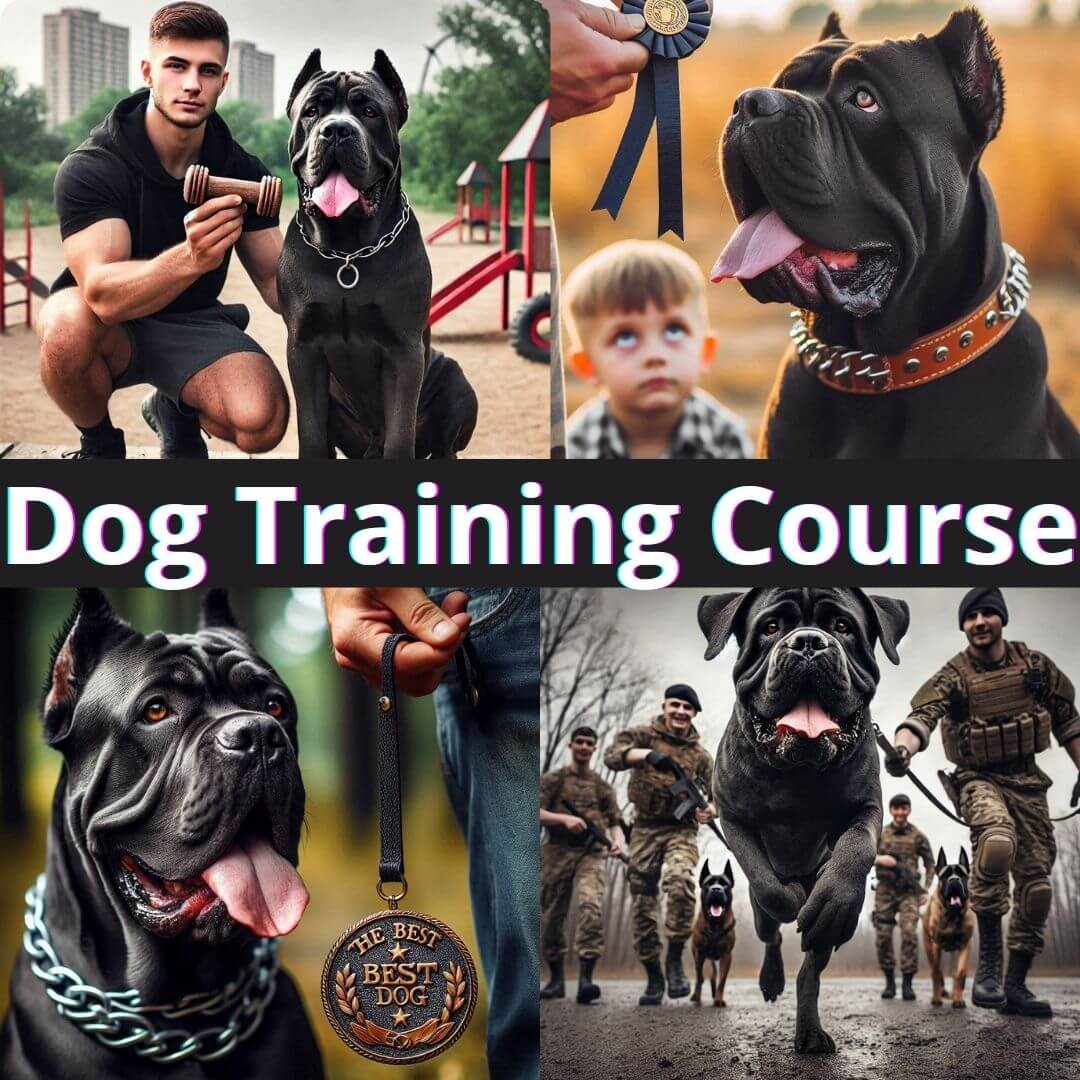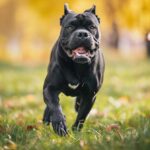Socializing your Cane Corso is the essential thing one owner could do for his best fur friend. A socialized dog is confident and behaves in balance in every situation. That makes him and his owner happier and more satisfied with everyday activities, leaving no room for something unexpected to happen. A well-socialized Cane Corso is trained to enjoy and have positive experiences with different environments and other animals, people, and activities.
What is the best time for Cane Corso socialization?
As with everything in our lives, the best time to start is as soon as possible. You can read different pieces of information about it. The best period for many authors is from 3 weeks to 4 months of age. Well, as long-time breeders of Cane Corso, our kennel, Maxima Lux is starting puppy socialization on the third day. Yes, you read right! We are using a military program called “Bio Sensor.” Later, it became known to the public as the “Super Dog” program. On top of many health benefits, this program is making puppies calmer about environmental changes. I wrote about it HERE.
The puppy must be placed in situations unknown to him. Cane Corso puppies must be introduced to new sights, sounds, textures, and smells. The puppy must have been involved in the case with new people around him, children, strange noises, and falling to walk on different floor textures. Everything must be done slowly, adding one thing to another. After every new stimulant, you must praise or treat your puppy. He must see every new thing around him as something positive and tasty.

The great thing is to move your puppy’s comfort zone continually, but with baby steps. You can do this by involving your family members, putting on your sunglasses while playing, or putting your hood on. Ten days after the puppy gets all the vaccines, you can move everything to another level. Again, very slowly. Take your pup outside. Please take it to the shops, restaurants, groomers, and pet shops. Start introducing it to a dog, your neighbor’s dog, or any familiar dog. Watch puppy behavior among dogs—significantly larger ones. Praise every acceptable behavior. When you are satisfied with puppy behavior, you can take it to the dog’s park as well.
Don’t forget the car rides. If the puppy isn’t introduced on a car ride, you can have serious problems later, like the time you need to drown it to the vet, etc.
Feeding time is an excellent time to prevent your puppy from guarding the food bowl. By playing with his food and interacting with it while the pup is still eating, you will show that protecting his food isn’t a big deal. This behavior will stop the aggressive behavior of the same dog when he grows up, and for example, your child will approach him while he is eaten food.
Disregard your dog now and again, alone in your flat. This will help break any connection that could prompt separation anxiety. Introduce to your puppy animals of all sizes.
Expose your pooch to water. It will benefit from that love later.
Expose your puppy to every weather condition, at least briefly.
If everything works out well, it could be a great time to add training to basic commands. If you don’t have time for it, you can contact some professionals and join puppy-to-puppy classes. This is also a good thing because your canine would be exposed to other dogs. And, of course, it will learn basic commands as well.
What about older dog socialization?
Is it possible to socialize an older dog? Well, not-socialized dogs are mostly modest, restless, and occasionally even forceful out of dread since they don’t have the social abilities to manage new circumstances or individuals.Maybe it isn’t an easy job as a puppy. However, you can still help him associate new or fearful situations with a positive experience, even though you’ve missed the crucial puppy socialization period. It would be best to reintroduce the older dog to new sights, smells, and noises with even more attention than the puppy. It would be best to watch the dog’s behavior without stopping, especially how he reacts to other dogs. It would be best if you praised a calm and friendly demeanor. Treats can help him overcome his fears or hesitation. If you feel fear or if your dog is stepping back, you need to calm him and distract his attention on the other side. After a short time, try it again. If the dog can’t get over some situation after many attempts, you need to find help or advice from a veterinarian or animal behaviorist.
You’ll need to keep presenting your Cane Corso puppy in various social settings and encounters for as long as they can remember. Mingling them as a dog and through adulthood is perhaps the ideal approach to guaranteeing they become confident, controlled, and peaceful grown-ups.
Remember: don’t compel your canine into any circumstance they would prefer not to be in; remain positive and consistently praise them!
Invest a little of your time in something significant for both of you!







